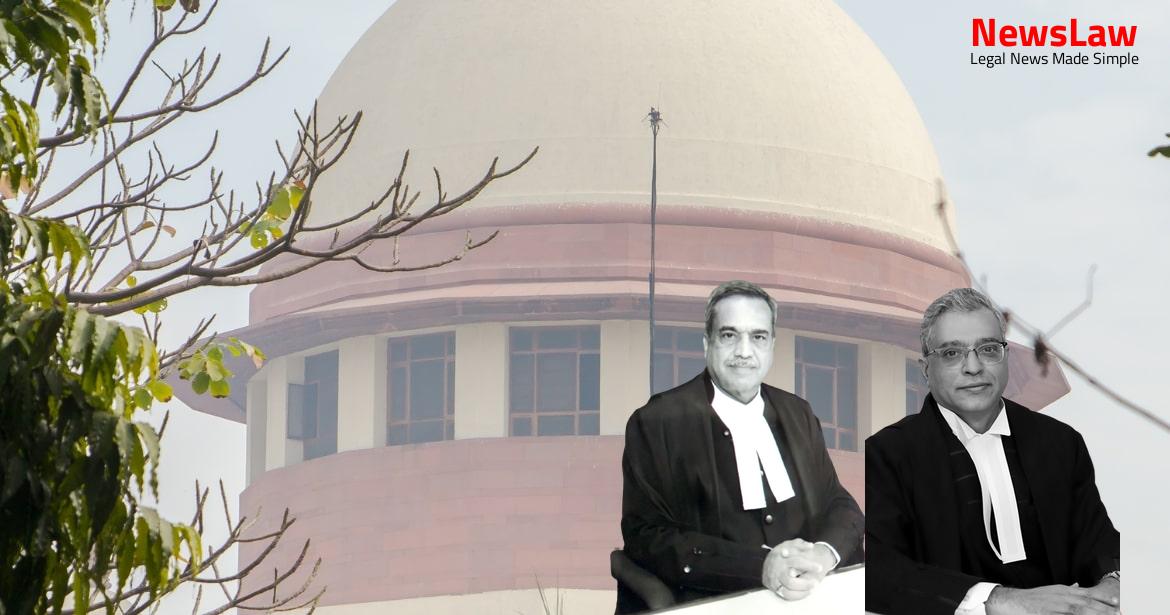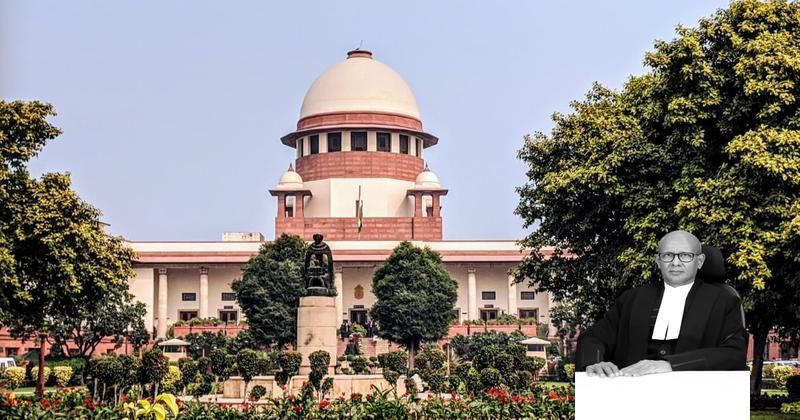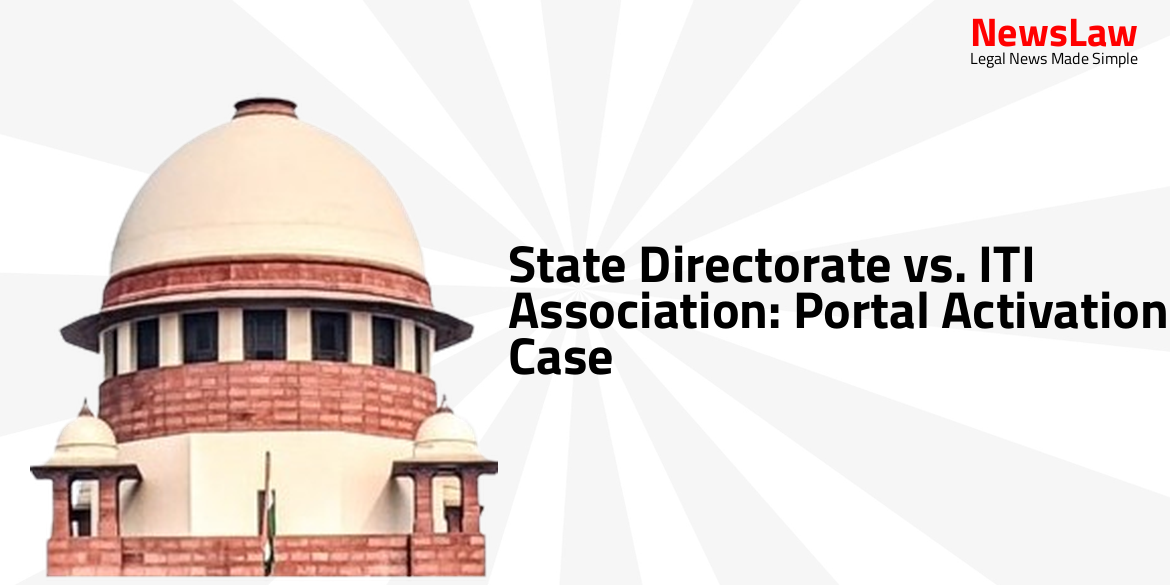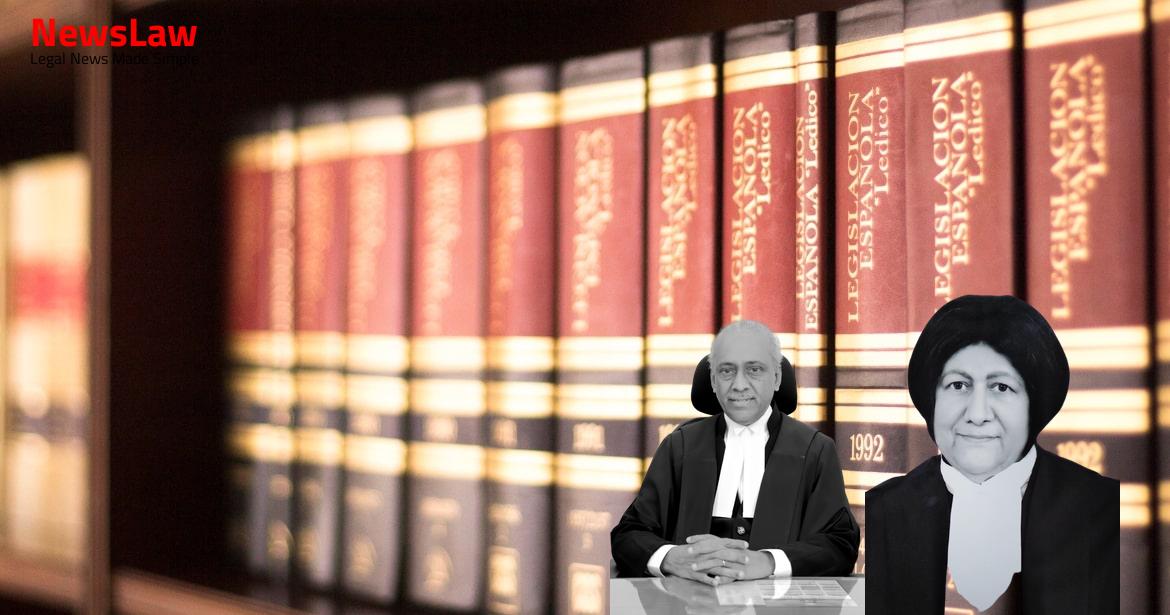The case delves into a complex legal analysis regarding jurisdictional disputes in income tax appeals. It focuses on the significance of the Assessing Officer’s location, the interpretation of statutory provisions, and the rationale behind determining jurisdiction based on specific legal principles. The court’s analysis sheds light on how these factors play a crucial role in ensuring clarity, consistency, and adherence to legal standards in the realm of income tax appeals.
Facts
- The Revenue filed appeals against the decisions of the High Court of Delhi and the High Court of Punjab & Haryana.
- The High Court of Delhi dismissed the appeal citing lack of territorial jurisdiction.
- The High Court of Punjab & Haryana refused to entertain appeals against the orders of the ITAT.
- The ITAT New Delhi upheld the order of the CIT (Appeals) – IV and dismissed the Revenue’s appeal.
- The High Court of Punjab & Haryana also stated that it lacked jurisdiction due to the Assessing Officer being outside its jurisdiction.
- The ITAT order was based on the facts and circumstances of the case.
- The Revenue filed ITA No 517 of 2017 against the order before the High Court of Punjab & Haryana.
Also Read: Judicial Review of Administrative Actions in Educational Matters
Issue
- Contention between the parties was regarding the interpretation of the contract terms.
- Plaintiff argued that the contract clearly stated the payment terms agreed upon, while Defendant contended that there was ambiguity in the language used.
- The issue for consideration by the court was to determine the true intention of the parties at the time of entering into the contract.
- The court had to examine the contract language, surrounding circumstances, and the parties’ conduct to resolve the dispute.
- Both parties presented their arguments and evidence to support their respective interpretations of the contract terms.
Also Read: Scope of Rule-Making Power in Disciplinary Proceedings
Arguments
- High Courts under Section 260A of the Income Tax Act, 1961 against judgments of Income Tax Appellate Tribunals
- The Revenue is the Appellant in these matters
- Learned Additional Solicitor General representing the Union of India has graciously allowed the Assessee’s counsel to open the case
- High Court of Punjab & Haryana and High Court of Delhi refused to entertain the appeals for the same Assessee
- Sh. N. Venkatraman supported the legal submission on jurisdiction made by Sh. Rohit Jain.
- Sh. N. Venkatraman noticed that Sh. Jain had prepared a compilation of all relevant judgments and a note for the Court.
- Appreciation for Sh. Jain’s approach in saving the Court’s time by avoiding argument repetition.
Also Read: Conviction and Sentencing Analysis in a Criminal Appeal Case
Analysis
- The jurisdiction of the High Court under Section 260A of the Act is based on the location of the Assessing Officer who assessed the case.
- An order of transfer under Section 127 transfers the jurisdiction under Section 260A to the High Court where the new Assessing Officer is located.
- The decisions in Sahara and Aar Bee, where the jurisdiction was considered to transfer ‘lock, stock, and barrel’, were held to be incorrect.
- The principle established in Seth Banarasi Dass and followed in subsequent cases emphasizes the importance of jurisdiction based on the Assessing Officer’s location.
- The decisions of the High Court where the transferee Assessing Officer is located do not bind the Authorities or the ITAT prior to the transfer of the case.
- The interpretation that transfers jurisdiction to the High Court of the transferee Assessing Officer, as in the cases of Sahara and Aar Bee, is against the interest of justice and independence of judiciary.
- A correct interpretation of judicial remedies should ensure certainty and consistency in decision-making.
- The vesting of appellate jurisdiction should be independent of executive power, as highlighted in various judgments and statutes.
- The High Court with jurisdiction over the Assessing Officer who passed the assessment order has the authority to adjudicate on appeals from the ITAT.
- The rationale behind the jurisdictional determinations based on the location of Assessing Officers ensures clarity and adherence to legal principles.
- The High Court of Delhi in Seth Banarsi Dass Gupta v. Commissioner of Income Tax held that the appropriate High Court for filing an appeal would be where the Assessing Officer is located.
- In Motorola India Ltd., the High Court of Punjab & Haryana stated that when the Assessing Officer is changed due to a transfer order under Section 127 of the Act, the High Court in the area of the new Assessing Officer would have jurisdiction for the appeal under Section 260-A.
- The High Court of Delhi in CIT v. Sahara based its reasoning on the meaning of ‘cases’ in the Explanation to Section 127(4) of the Act, arriving at a different view compared to Seth Banarsi Dass Gupta.
- The High Court of Delhi held in Sahara that the interpretation of the Explanation to section 127 may lead to incongruous results contrary to the Act’s scheme, empowering authorities to interfere with High Court’s jurisdiction.
- The High Court of Punjab & Haryana rejected the Revenue’s reliance on the Explanation to Section 127 regarding jurisdiction, stating that it does not deal with the jurisdiction of the Tribunal or the High Court.
- The Delhi High Court disagreed with Motorola and held that an administrative transfer of cases does not change the principle of jurisdiction laid down in Seth Banarasi Dass Gupta.
- Section 127(4) allows for the transfer of a case at any stage of the proceedings without requiring the re-issuance of any notices.
- The term ‘case’ in this context refers to all proceedings under the Act for a particular individual, including those pending or completed before the transfer.
- Chapter XX of the Act deals with Appeals and Revision, with Part A covering appeals to Deputy Commissioner (Appeals) and Commissioner (Appeals).
- Part B of Chapter XX includes provisions for appeals to the ITAT, which is constituted by the Central Government under Section 252.
- Section 255 empowers the President of the ITAT to constitute Benches for its functioning and to regulate their procedures, including the sitting locations.
- The party was not precluded from filing an appeal before the appropriate High Court where the Assessing Officers had jurisdiction.
- Jurisdiction of a High Court is not dependent on the location of the ITAT, as sometimes a Bench of the ITAT exercises jurisdiction over multiple states.
- The observations made are considered obiter and not the main basis of the judgement.
Decision
- The Revenue filed an appeal before the High Court of Delhi against the decision of the ITAT, New Delhi dated 11.05.2017.
- The High Court of Delhi disposed of the appeal on 21.05.2019.
- Civil Appeal No 3480 of 2022 has been filed before the Supreme Court against the High Court’s decision.
- The Supreme Court allowed the Civil Appeal by setting aside the High Court’s order and directed the High Court of Delhi to entertain and dispose of the appeal as per law.
- Parties involved in the case shall bear their own costs.
Case Title: PR. COMMISSIONER OF INCOME TAX 1 Vs. M/S ABC PAPERS LIMITED (2022 INSC 844)
Case Number: C.A. No.-004252-004252 / 2022



